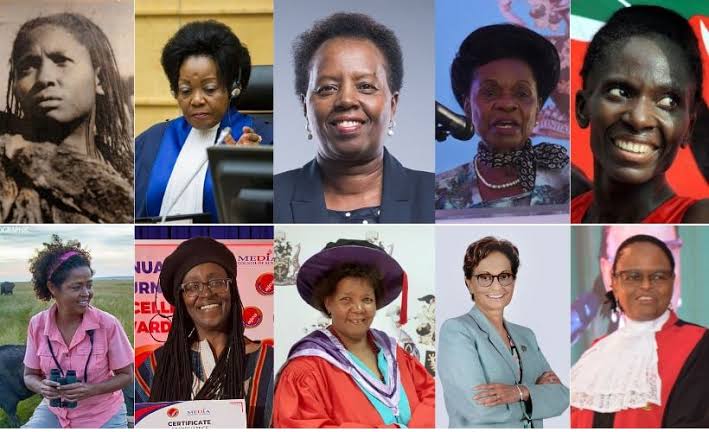In the landscape of Kenyan politics, women are increasingly making their mark, challenging traditional norms and stereotypes to claim their rightful place in governance. Over the years, strides have been made towards gender equality in politics, yet there remains much work to be done. Today, we delve into the significance of women’s participation in politics in Kenya and explore the challenges they face on their journey towards equal representation.
The Rise of Women in Kenyan Politics: Kenya has seen a notable increase in the number of women participating in politics in recent years. This shift can be attributed to various factors, including legal reforms, increased awareness of gender equality issues, and the relentless advocacy efforts of women’s rights groups. The 2010 Kenyan Constitution, for instance, introduced provisions aimed at promoting gender equality and inclusivity in political representation.

Importance of Women in Politics:
Representation: Women account for approximately half of Kenya’s population, and their perspectives and experiences must be adequately represented in decision-making processes. Women in politics bring unique insights and priorities to the table, enriching policy discussions and ensuring a more inclusive governance framework.
Policy Prioritization: Women legislators often prioritize issues that directly impact women and girls, such as maternal health, education, and gender-based violence. Their advocacy can lead to the implementation of policies and programs that address these pressing concerns, ultimately improving the lives of women across the country.
Role Models: Female political leaders serve as role models for young girls, inspiring them to pursue leadership positions and challenging societal norms that limit their aspirations. By witnessing women in positions of power, future generations are empowered to break barriers and strive for excellence in all fields.

Diverse Leadership: Diversity in leadership fosters innovation and creativity. By including women in political decision-making processes, Kenya can tap into a broader range of talents and perspectives, leading to more effective and sustainable solutions to complex challenges.
Social Justice: Women in politics often champion social justice causes, advocating for the rights of marginalized groups and promoting equality across various sectors. Their presence is instrumental in advancing a more just and equitable society for all Kenyans.
Challenges Facing Women in Kenyan Politics
Despite the progress made, women in Kenyan politics continue to encounter numerous obstacles, including:
Patriarchal Attitudes: Deep-rooted patriarchal beliefs and cultural norms still permeate many aspects of Kenyan society, leading to discrimination and bias against women in politics.Limited Access to Resources: Women often face barriers in accessing the financial resources and networks necessary to run successful political campaigns, putting them at a disadvantage compared to their male counterparts.
Violence and Intimidation: Female politicians frequently experience violence, harassment, and intimidation, both online and offline. These threats not only undermine their safety but also deter other women from entering the political arena.
Party Politics: Women often encounter challenges within political parties, where they may face resistance or marginalization in the nomination processes. Additionally, women are sometimes relegated to “women’s issues” portfolios, limiting their influence on broader policy discussions.

Limited Representation: Despite constitutional provisions mandating gender equality, women remain underrepresented in key decision-making bodies, including parliament and local government structures.
Moving Forward:Addressing the barriers to women’s political participation requires a concerted effort from all sectors of society. Policymakers must enact and enforce legislation that promotes gender equality and protects women from discrimination and violence. Political parties must adopt affirmative action measures to increase the representation of women within their ranks. Civil society organizations play a vital role in raising awareness, providing support to women leaders, and holding institutions accountable for gender-responsive governance.
Ultimately, achieving gender parity in Kenyan politics is not only a matter of justice and equality but also essential for the country’s socio-economic development and stability. By harnessing the full potential of women’s leadership, Kenya can build a more inclusive and prosperous future for all its citizens.




